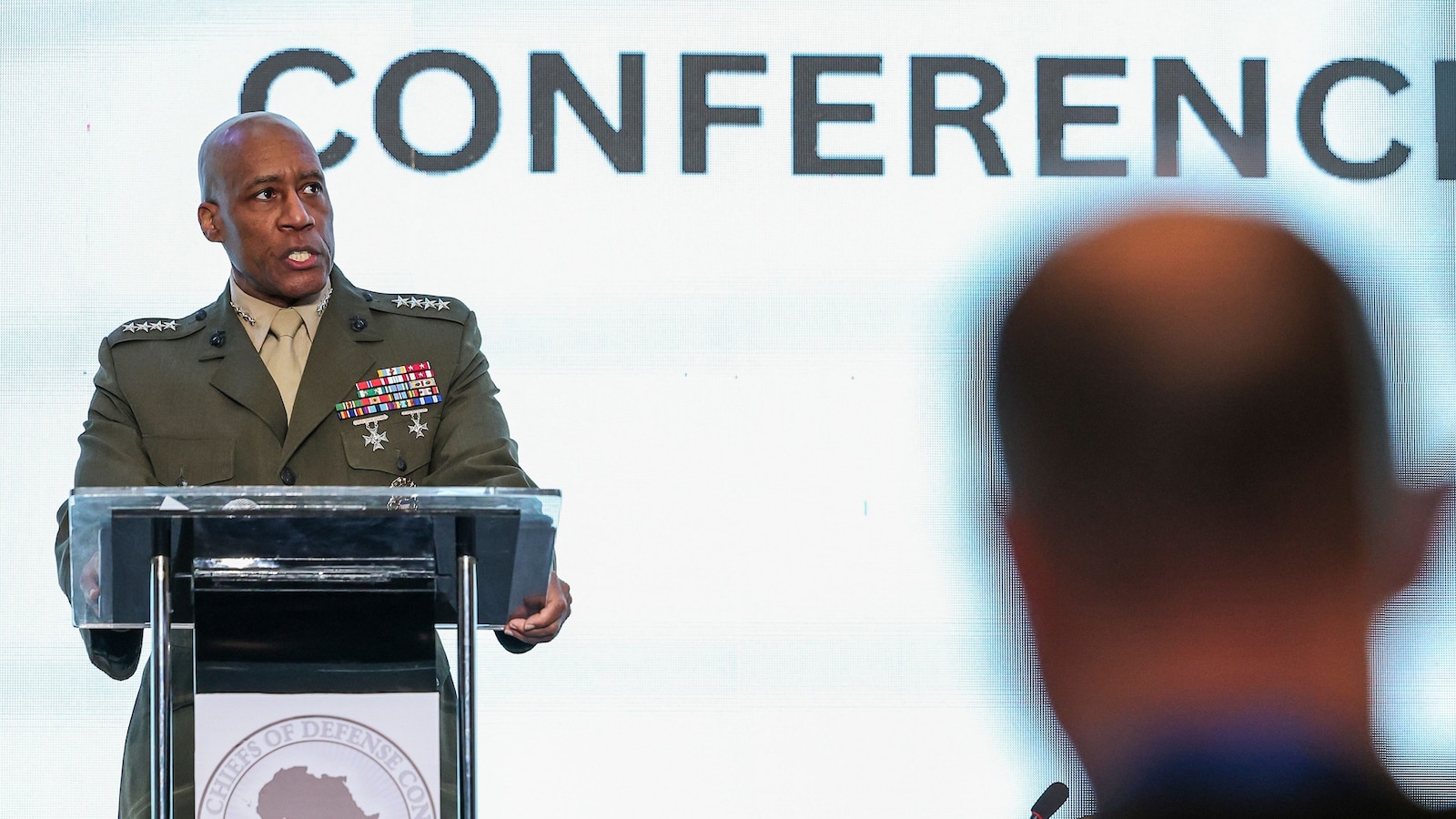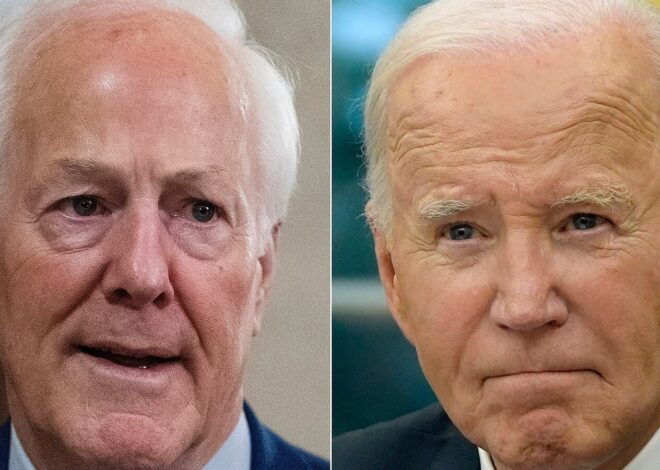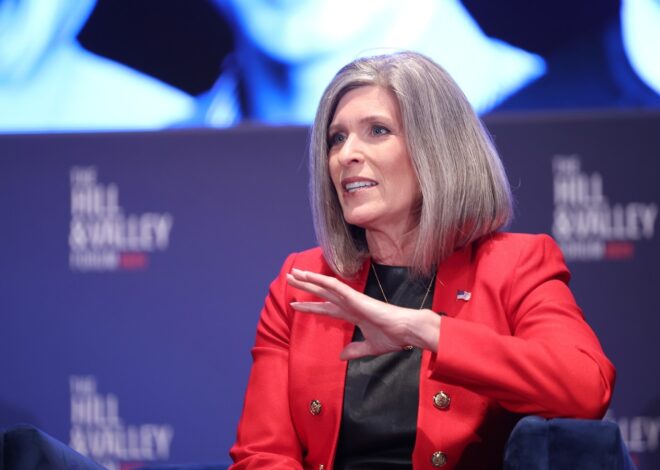
General Warns of Increased Capability of African Terror Group to Strike Within the US
The Sahel: A Brewing Storm
It’s a vast region, often stretching under the radar of global headlines, yet the Sahel has quietly become the “epicenter of terrorism.” Words from Gen. Michael Langley ring alarm bells: Africa’s Sahel, encompassing countries like Mali, Burkina Faso, and Niger, stands as a critical point of concern for the world. Terror groups have dug deep roots here, with their presence ballooning alarmingly over the past few years.
There’s this unsettling thought that such groups could stretch their reach across continents. A stark warning came from a four-star Marine Corps general, echoing through corridors of power: these factions could very well launch attacks on the U.S. homeland. It’s not just speculation-there’s a visible uptick in activity, particularly by a group linked to al-Qaeda, known as JNIM. They’ve expanded their grasp significantly, tightening their hold on Burkina Faso. Maybe it’s time to ask, are we paying enough attention to this growing menace?
Amidst these developments, the political landscape shifts. The Trump administration’s decision to cut back on aid programs across Africa feels like a risky move. It’s a time when military leadership consolidation is being pondered-aligning African and European oversight. Is this the right direction? Perhaps that’s a question for another day, but the timing seems… tricky.
Military bases once served as essential counterterrorism outposts. Last year saw the closure of a significant hub in Niger. It’s a spot that held strategic importance for U.S. operations, but local politics saw a pivot. The government there showed U.S. troops the door, turning to Russian forces for new alliances. It’s an interesting dance of global powers, with China and Russia both keenly eyeing Africa, weaving ties with local regimes. It’s not just about influence; it’s a game of chess on a grand scale, with pawns that could easily turn into queens.
Gen. Langley’s concerns about the growing ambitions of extremist groups aren’t just military musings. There’s a tangible threat as these organizations gather strength, their aspirations growing bolder. It’s a landscape where new alliances form, sometimes unsettling ones, as seen with the Russian presence in Niger. Maybe it’s a signal that the world needs to recalibrate its approach to this region.
The Sahel, often a backdrop in the world’s narrative, now pushes to the foreground. It serves as a reminder of how quickly things can shift, of how global power dynamics play out in often unexpected ways. The stakes are high, the challenges profound. There’s an uneasy anticipation-what’s the next move in this complex tableau?
To keep up with the latest on such developments, it might be worth checking ongoing coverage from reliable sources like BBC. As the story unfolds, it’s crucial to stay informed, maybe now more than ever.



